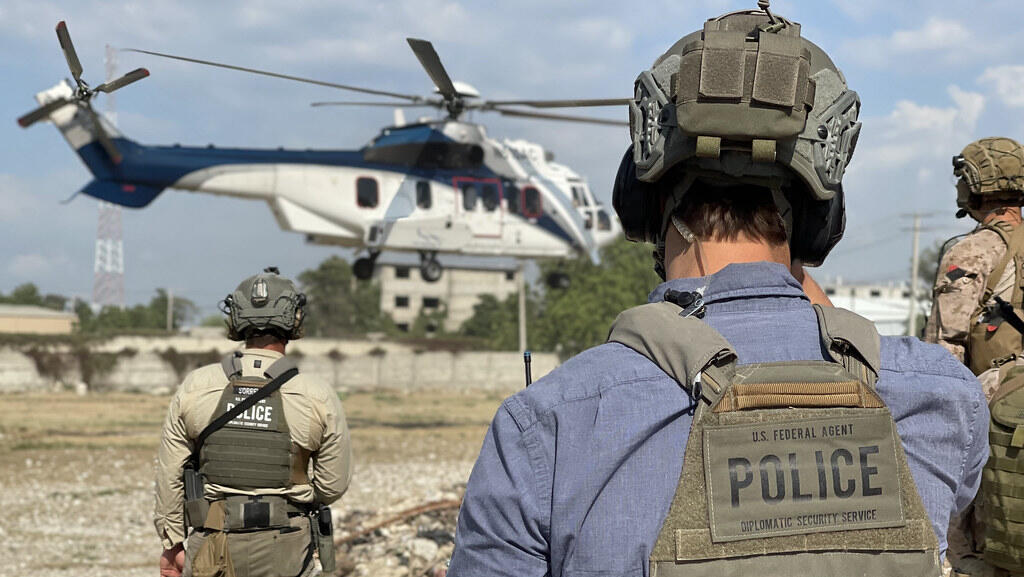UPDATED: The daily American Airlines flight from Miami to Port-au-Prince's Toussaint Louverture International Airport will no longer be operated.
Last month, the United States' Federal Aviation Administration said U.S. airlines were prohibited from flying to Haiti for 30 days following escalating gang violence and political instability in the Caribbean country.
Gangs reportedly shot at three planes (Spirit Airlines, JetBlue and American Airlines) on Monday 11 November, AP reported. The United Nations temporarily suspended flights to Port-au-Prince, limiting humanitarian aid entering the country.
An FAA incident report said: "Spirit Airlines Flight 951 landed safely at Cibao International Airport in Santiago de los Caballeros, Dominican Republic around 11:30 am on Monday, Nov. 11, after the plane was reportedly damaged by gunfire while trying to land at Toussaint Louverture International Airport in Port-Au-Prince, Haiti.
"The flight originated in Fort Lauderdale, Florida. Two other flights bound for Toussaint Louverture International Airport were diverted as a precaution. The airport is now closed. Contact local authorities for more on the investigation and the airline for information about those on board."
American Airlines had previously said it had suspended flights to the capital until 12 February, 2025.
The situation has been particularly dire in the capital, where gangs have taken control of large parts of the city, leading to frequent clashes with police.
The United Nations estimates that gangs control about 85% of Port-au-Prince, making it extremely difficult for residents to live safely.
This crisis has profound economic impacts.
Haiti, already the poorest country in Latin America and the Caribbean, has seen its economy contract for five consecutive years.
The ongoing violence and insecurity have further exacerbated the situation, with the World Bank estimating that the country's GDP will contract by 1.8% in 2024.
High levels of inflation, political instability, and a lack of foreign investment have all contributed to the economic downturn. The situation is worsened by the fact that many households have experienced a reduction in income, with remittances from abroad also decreasing.
In response to the crisis, the international community has been working to provide humanitarian aid and support for peacekeeping efforts.
The United Nations has called for a peacekeeping mission to restore order, but funding and personnel shortages have hindered these efforts.
The newly appointed interim prime minister, Alix Didier Fils-Aimé, has promised to work with international partners to restore peace and hold long-awaited elections.
However, the path to stability remains uncertain, and the immediate focus is on relieving those affected by violence and economic hardship.
